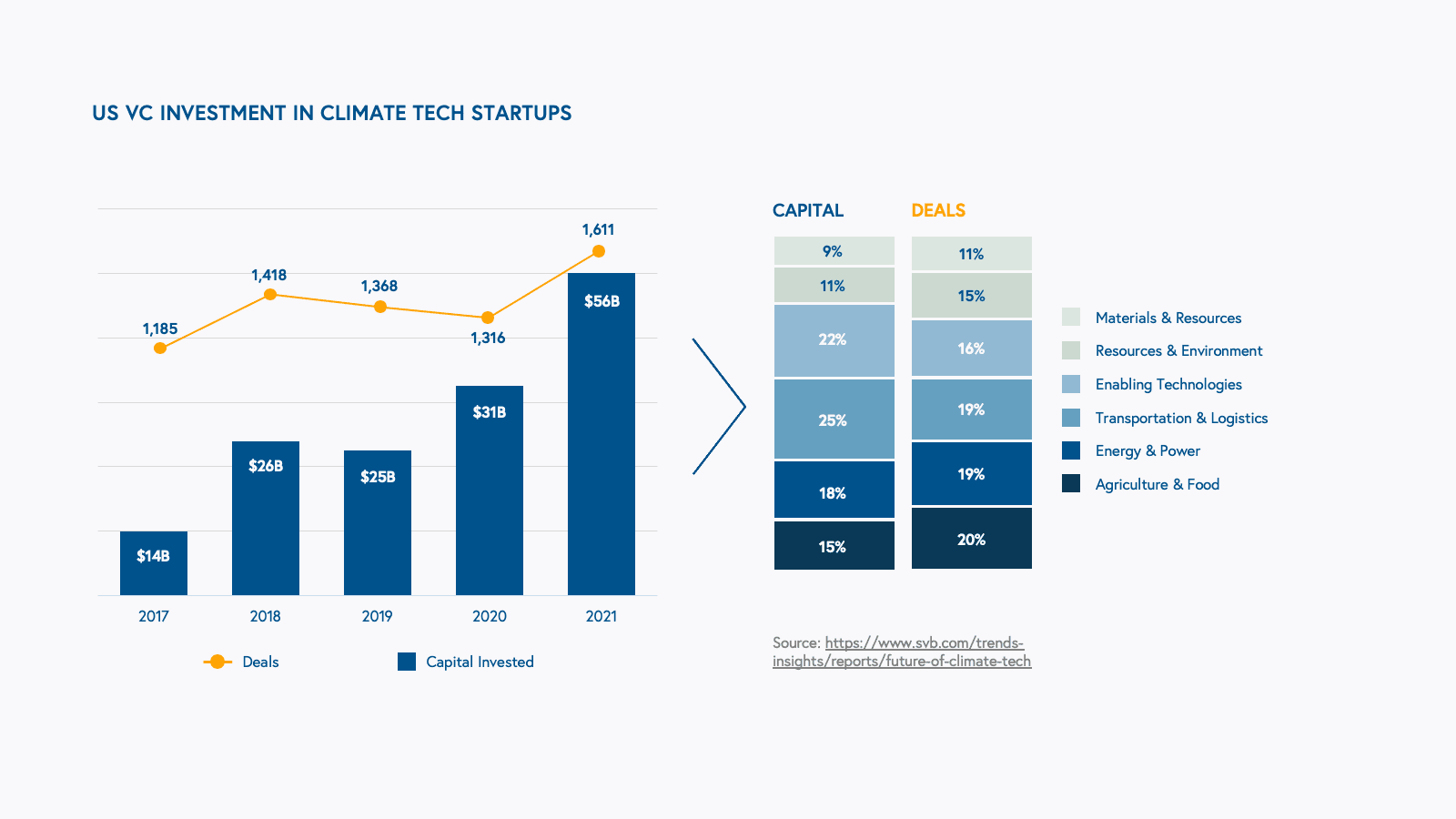How Mill Just Secured $25M to Tackle Food Waste and What It Means for the Market
Azolibe oscar
October 04, 2025

Food waste is one of the world’s most overlooked problems. Every year, billions of dollars worth of food ends up in landfills while millions of people go hungry. Beyond the social impact, wasted food also fuels climate change. When food decomposes in landfills, it releases methane, a greenhouse gas far more potent than carbon dioxide.
In the middle of this crisis, Mill, a U.S.-based startup, has just raised $25 million in fresh funding to scale its food waste solution. The company is turning heads not only because of the capital it has secured but also because of the way it approaches a problem that touches households, restaurants, and entire supply chains.
The Problem: Why Food Waste Matters
Globally, around 1.3 billion tons of food is wasted every year according to the UN Food and Agriculture Organization. That is roughly one-third of all food produced for human consumption. The consequences go beyond wasted meals.
- Environmental impact: Food waste contributes up to 10% of global greenhouse gas emissions, making it one of the largest hidden drivers of climate change.
- Economic cost: The world loses nearly $940 billion annually from wasted food. Restaurants, retailers, and households absorb most of this loss.
- Social inequality: Even with all this waste, over 800 million people worldwide still go to bed hungry.
Solving food waste is therefore not just a sustainability challenge. It is an economic and social necessity.
Mill’s Approach to Food Waste
So how does Mill fit in? The startup has built a smart food waste recycling system designed for households and businesses. Instead of throwing scraps into the trash, users can place leftovers into a Mill container. The system then dries, shrinks, and deodorizes the waste, turning it into nutrient-rich material.
This “food grounds” output can be shipped back to Mill, which then repurposes it for agricultural use, animal feed, or even soil enrichment. The goal is to close the loop so that food waste never ends up in landfills.
By making waste management seamless, Mill turns a difficult behavior change into something practical. Think of it as a “Nest for food waste” — a household product that makes sustainability easy and even a little cool.
Why Investors Are Paying Attention
The $25 million round signals that investors see both commercial and social potential. Food waste is a trillion-dollar problem, and solutions that can scale will have significant markets.
Investors are also betting on a few trends that make Mill attractive:
Consumer demand for sustainability: More people want products that align with their values. Just as electric cars and solar panels are becoming mainstream, eco-conscious waste solutions are finding their place in households.
Policy pressure: Governments in Europe and parts of the U.S. are introducing regulations to curb food waste. Solutions like Mill could become compliance tools, not just nice-to-haves.
Circular economy momentum: Investors love startups that turn waste into value. By converting scraps into feed or compost, Mill positions itself as part of the fast-growing circular economy sector.
The Bigger Market Picture
Mill is not alone in the fight against food waste. Across the globe, startups are tackling this issue in creative ways:
- Too Good To Go (Europe): An app that lets restaurants sell unsold meals at a discount instead of throwing them away.
- Winnow (UK): AI-powered tools that help commercial kitchens track and reduce food waste.
- Spoiler Alert (U.S.): A B2B marketplace for surplus food that connects brands with discount retailers and nonprofits.
The fact that investors are backing multiple approaches shows how big and fragmented the problem is. Food waste occurs at every stage — from farms to factories to fridges. That means there is room for several winners.
What This Means for Startups
Mill’s funding round carries a few lessons for other founders.
- Solve real problems: Food waste is not just a “nice” issue. It costs businesses money and affects governments and households. Startups tackling urgent, unavoidable problems will always attract capital.
- Make sustainability simple: Consumers will adopt green solutions if they are convenient. Mill’s product does not require major lifestyle changes. It fits into daily routines.
- Think in loops, not lines: The most exciting innovations are circular. They take something previously seen as “waste” and turn it into value. That mindset opens up entirely new markets.
What Comes Next
With $25 million in new funding, Mill will likely expand production, improve logistics for collecting and repurposing food grounds, and explore partnerships with municipalities. If the company succeeds, it could inspire a new category of consumer products focused on turning waste into value at the source.
The bigger takeaway is that food waste is becoming investable. As climate change becomes more urgent and consumers demand sustainable options, startups tackling waste, whether food, plastic, or energy will have opportunities to raise capital and scale globally.
Mill’s $25 million raise is more than just another funding announcement. It is a sign that solving food waste is not only possible but also profitable. Startups that align sustainability with convenience are set to lead the next wave of innovation.
At BuildX, we believe every bold founder tackling real-world problems deserves the chance to scale. If you are building something that could make life better for people and the planet, let’s talk.
Book a call with BuildX today and let’s explore how we can help you bring your vision to market.

About Azolibe oscar
Oscar Azolibe is a tech enthusiast and writer passionate about startups, software development, and the future of innovation in Africa. With experience in product design and engineering, he brings unique insights into how emerging technologies are shaping new business opportunities.
Related Articles

Carbon Tracking, Renewable Tech, and Climate Startups Gaining Traction

China Tightens Inspections on Nvidia AI Chips Amid Tech Tensions
